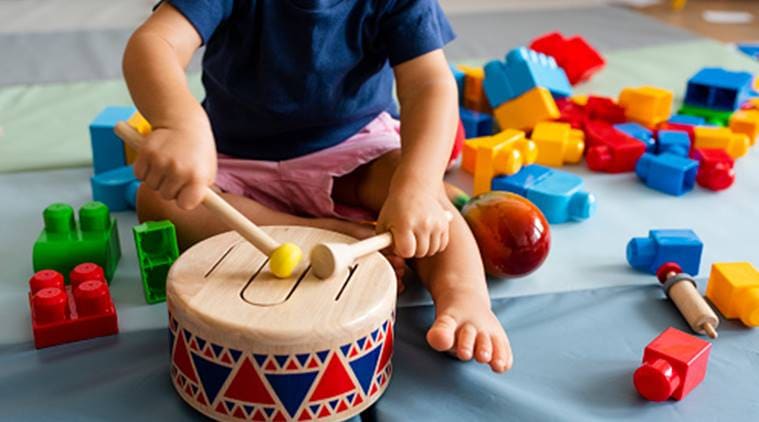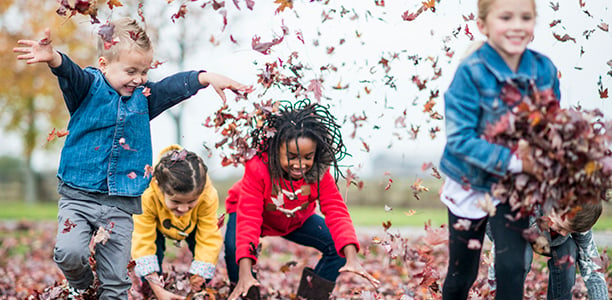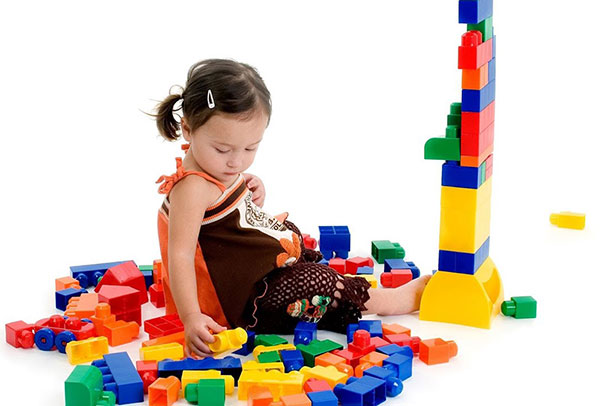Say yes to more Free Play this summer!
As we all slowly adapt to everyone’s favourite phrase, ‘the new normal’, things we took for granted now have an entirely new avatar. And as summer approaches and school holidays are upon us, it’s quite likely your plans to go on vacation or enrol kids in summer camps have changed. This is a time when kids are full of energy, don’t have a set routine and keep looking for new forms of entertainment which is why this summer is the best time to explore more free play.
Free play is not a new concept, but it becomes less of a priority amidst timetables, homework schedules and extracurricular activities. It means letting children have unstructured play time without adults setting goals or expectations for what the play should be. Kids decide what they want to do, how they want to do it and when they want to try something else. Adults can help them out with materials or set up, but beyond that, the child takes the lead.

Image: Getty Images
In the absence of definite plans this summer, free play lets children use their imagination and creativity to transport themselves anywhere! The possibilities with free play are endless, from drawing what they want to, reading books they enjoy with no agenda, playing outdoors and so much more. And as a form of play, it has multiple developmental benefits:
Free play helps with emotional and social development
Letting children discover what they like to do and how they like to do it builds confidence and an understanding of self. It helps them become more aware of their surroundings, identify their own feelings and emotions, face fears and insecurities. Without rigid schedules and rules, children start to play for the sake of playing, have more fun and become happier because of it. Free play even teaches children how to interact with peers, understand different cultures, improve vocabulary and work as a team.

Image: https://activeforlife.com/the-mental-health-benefits-of-free-play/
Free play encourages the use of imagination
As parents, we often feel the pressure to continuously invent ways to keep kids busy and entertained. But when a child learns to have fun independently, the imagination grows and creativity has a chance to be expressed. This can be through pretend play like dress-up or acting out different scenarios, playing with Lego, looking for shapes in clouds, painting and so much more. When there is freedom to make up a game, it opens up many possibilities and many different worlds in a child’s growing mind. It also reduces the need to have activities planned one after the other and leads to downtime being fun, rather than frustrating for both parent and child.

Free play improves the ability to solve problems
When given a chance to play by themselves, children learn to approach problems and difficulties on their own. For example, figuring out how to assemble a jigsaw puzzle or how to work through playtime with a friend who has a different approach. It gives them a chance to answer the “how” and “why” questions that arise when faced with something new. How can I make this Lego building sturdier? Why did the building fall down so easily? When they need help, they will ask for it but till then, watch them problem-solve on their own. Our Marble Run is also a great source of free play and improving problem solving skills!

Image: https://www.educationworld.in
Free play boosts physical development
Running around in a playground or backyard, biking around the neighbourhood or driveway for younger children, climbing trees, skipping, dancing and all other forms of movement are great for physical strength and growth. These activities naturally fall under free play, letting children have fun while they’re getting in some essential physical activity. Even a (socially-distant) beach day in the summer is great for some fresh air, racing on the sand and paddling around together in the ocean for children comfortable in the water.
![]()
Image: https://runningschool.com/
Do you encourage free play at home? What are your child’s favourite activities and how do you think free play has helped? Let us know in the comments below!


